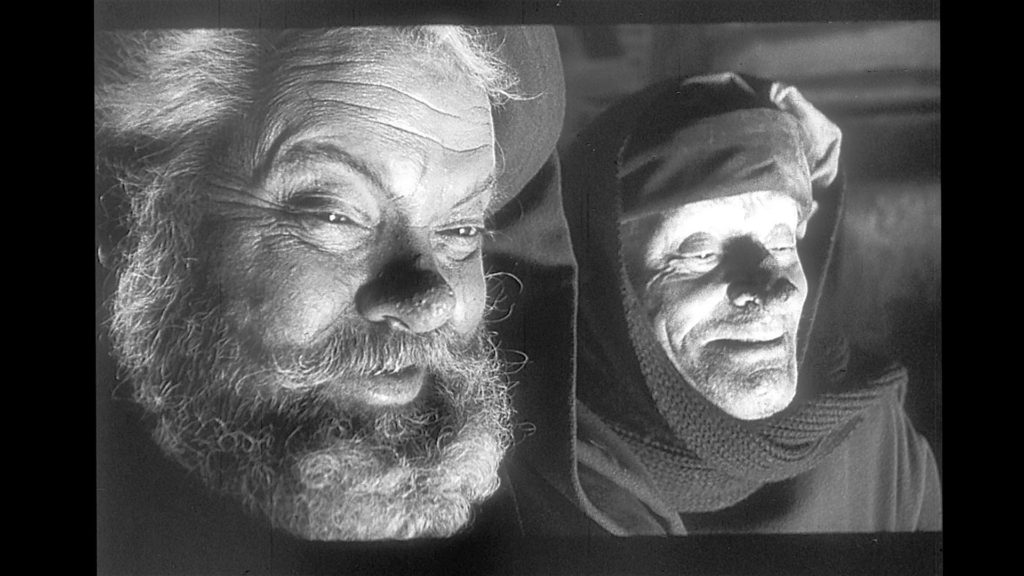
Monday
When Julia and I reunited with my senior Carleton roommates recently, I found myself thinking of the reunion that concludes Henry IV, Part II. To be sure, our memories didn’t involve loose women we had encountered in our youth. Nevertheless, there was an elegiac feel to our gathering as there is in the play. We came together after having been bruised by life—two of the three couples have lost oldest sons, one in February—and felt a new sense of closeness as a result.
I was in Washington to lead a film discussion for Paul and Paulette Thompson’s church, and John and Ann Colman traveled down from Concord, Massachusetts to join us. The Colmans and Bateses all got married on graduation day in 1973—they provided breakfast, we provided lunch—and now we were supporting them as they had supported us when we lost Justin. Following the film discussion, we returned to the Thompson house and, over cognac, talked late into the night.
In the Shakespeare scene, Falstaff encounters Master Shallow after a 55-year interval. Shallow immediately recalls late night encounters with one Jane Nightwork. To his inquiry about how she fares, Falstaff replies, “Old, old,” to which Shallow replies, “Nay, she must be old; she cannot choose but be old; certain she’s old…”
The following interchange then occurs, with Shallow first turning to his cousin:
Shallow: Ha, cousin Silence, that thou hadst seen that that this knight and I have seen! Ha, Sir John, said I well?
Falstaff: We have heard the chimes at midnight, Master Shallow.
Shallow: That we have, that we have, that we have; in faith, Sir John, we have: our watch-word was ‘Hem boys!’ Come, let’s to dinner; come, let’s to dinner: Jesus, the days that we have seen! Come, come.
While hearing the chimes at midnight may refer to no more than staying up late, it has a mystical ring to it. We may all be old now, but those moments of union transcend time.

